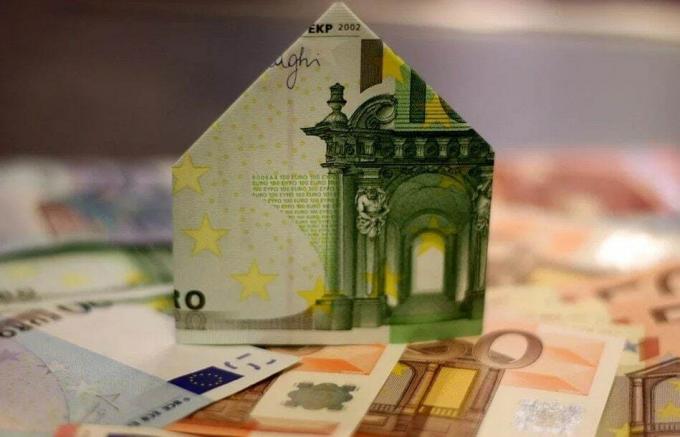The concepts Debtor and Creditor have various meanings depending on the context in which they are being spoken. For example, in a legal act both terms make up the subjects or the parties involved in a relationship, where the second can require the first to comply with a certain benefit.
In the case of accounting, may refer to debit and credit balances of the accounting accounts. However, to unify criteria, the meaning that will be given to each of the terms in this article will be indicated below.
Advertisements

In this article you will find:
What is Debtor?
A debtor is a person, natural or legal. You receive a good or the provision of a service, in exchange for your voluntary commitment to give a counterpart in exchange. Generally monetary to the person from whom you received the product or assistance.
Advertisements
In reality, more than a voluntary commitment to answer for a debt, it is an obligation to pay for the
In the event that the debtor does not comply with the payment agreement acquired when obtaining the goods or services, his counterparty has the right to take the legal actions it deems necessary to recover its money or its goods. You can even sue the debtor, or your surety in some cases.
Advertisements
By this it is meant that the debtor is responsible for complying with the economic benefit. Even with his own heritage, both the present and the one he is about to have in the future.
In short, the debtor is the person or entity that must pay a certain amount of money to another.
Advertisements
What is Creditor?
On the other hand, the creditor is the debtor's counterpart. That is, it is the natural or legal person who offers a good or provides a service in exchange for a payment, usually monetary.
This being the case, the creditor is the person who can take actions. Even sue the debtor, for default, if that were the case.
Advertisements
Summarizing then, the creditor is the person who receives an economic benefit from the debtor as a stoppage of the goods or services that he has supplied.
In this sense, creditors can be of various types depending on whether or not they require a guarantee from the debtors.
Types of Creditors
Creditors can be:
- Insured: they are the creditors who demand the endorsement of a guarantee for the amount of the property.
- Uninsured: they are the creditors who do not demand the endorsement of a guarantee for the good.
Differences between Debtor and Creditor
Although one cannot exist without the other, the differences between debtor and creditor are very clear, since one is completely opposite to the other, since:
- The debtor receives a good or service, the creditor offers a good or service.
- The debtor must pay a monetary benefit, the creditor receives a monetary benefit.
- The debtor accepts the contract, the clauses and the conditions to receive the good or service, the creditor imposes the conditions to carry out the transaction.
Examples of Creditor and Debtor
The difference between the debtor and creditor concepts can be better understood with the following examples:
- A company buys the raw material To produce its product, in this case the debtor is the factory and the creditor is the supplier of the raw material.
- A lady pays for a dress in a store with her credit card, in this case the lady is the debtor and the entity that supports or issues the credit card is the creditor.
- When a state entity expropriates several homes to demolish them and build a highway, the debtor is the state and the creditors will be the people whose home was expropriated.


